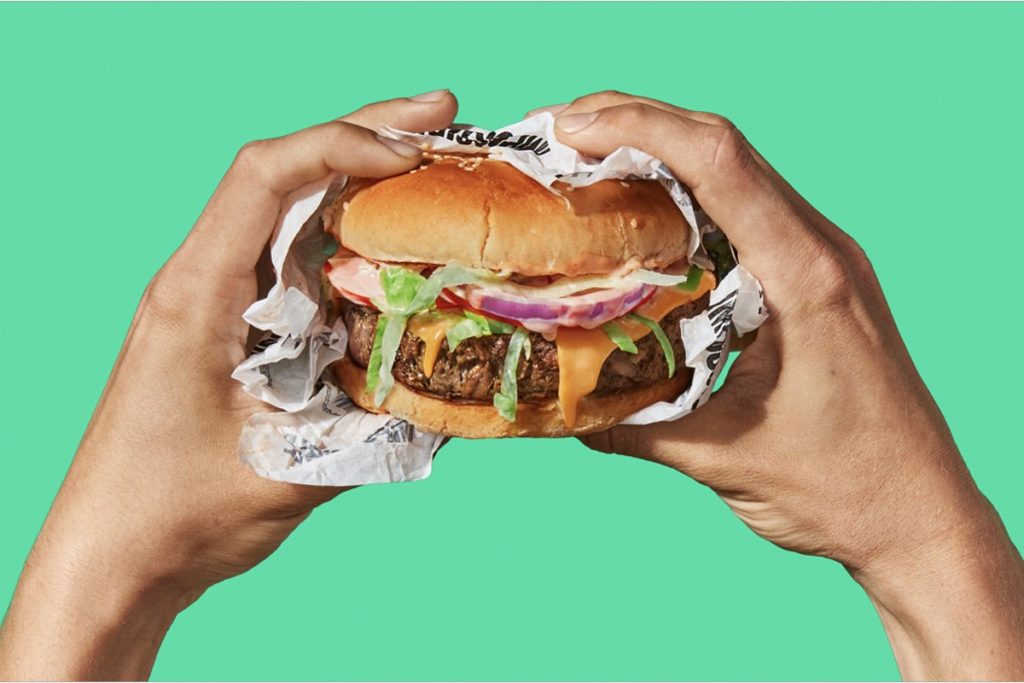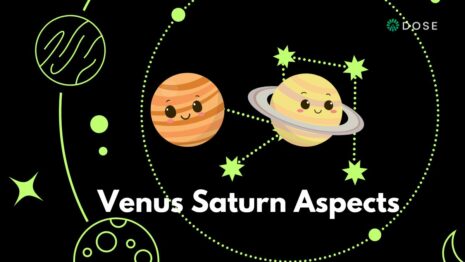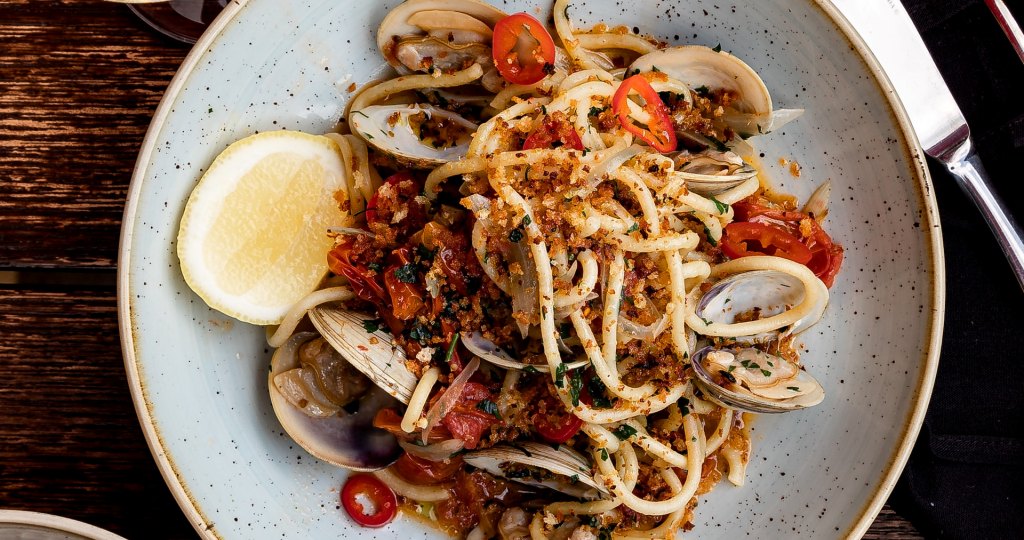Even for the most ardent meat-eaters, the recent growth of the vegan movement has been hard to ignore. The US has seen a 600% rise in veganism since 2014, while in the UK it’s a little lower – a ‘humble’ 360% increase. But for many people, no matter how much they respect the principles of a plant-based diet, the idea of giving up a big, juicy burger remains inconceivable. Enter the Impossible Burger – a patty that looks, smells, tastes, feels and even ‘bleeds’ like a classic beef burger… with one major difference. It’s made entirely out of plants.
Sceptical? Most people are, but across the pond the Impossible Burger has already made a big impression, with increasingly strong sales and many of America’s biggest burger joints scrambling to add it to their menus. (Umami Burger and White Castle have seen the Impossible Burger become one of their most popular orders). The increase in eco-awareness has been an enormous factor in the Impossible Burger’s success. Aside from the obvious fact that no animals are killed to make it, the Impossible Burger uses 75% less water. It generates 87% fewer greenhouse gases and requires 95% less land than a conventional beef burger.
So how is it possible a burger that’s made entirely out of plants has become so beloved in a nation notorious for meat eating? As it turns out, the science behind the Impossible Burger is pretty fascinating. The magic ingredient here is heme – a molecule containing iron that’s found in all living creatures. It’s the metallic-tasting material in blood and muscle, and it’s this that’s responsible for the unmistakable taste and scent of cooked meat. But heme is also found in plants. Food scientists at Impossible Foods, the maker of the Impossible Burger, use a genetically engineered yeast to reproduce plant-based heme. And thus, the taste, smell, mouth-feel and – yes – bloodiness of meat is replicated.
For animal-lovers or eco-warriors who still eat meat, the Impossible Burger has been a godsend – but it hasn’t come without controversy. Last year the FDA concluded plant-based heme hadn’t been adequately tested for safety, so they couldn’t brand the burger safe to eat. Impossible Foods hit back, citing their many safety studies and stating that the heme in their burgers is identical to the heme found in animal flesh – heme humans have been eating for thousands of years. After more rigorous testing, the FDA concluded that in fact the Impossible Burger is safe for human consumption. Not too surprising, considering that plant-based food sources are widely accepted as being healthier and ‘safer’ than their animal-based counterparts.
While the Impossible Burger hasn’t hit UK shores yet, plans are to expand globally in the very near future. And given the overwhelmingly positive response from the public so far, expectations are high. Greener, kinder, and now safer than the ‘real meat’ equivalent, these plant-based patties might be the closest a burger comes to saving the world.
FURTHER READING
SAFETY
https://www.wired.com/story/a-major-victory-for-the-impossible-burger/
TASTE, CHEF OPINION, HEALTHY?
https://www.esquire.com/food-drink/food/a21965684/fake-burgers-impossible-beyond/
By Selene

















One Response